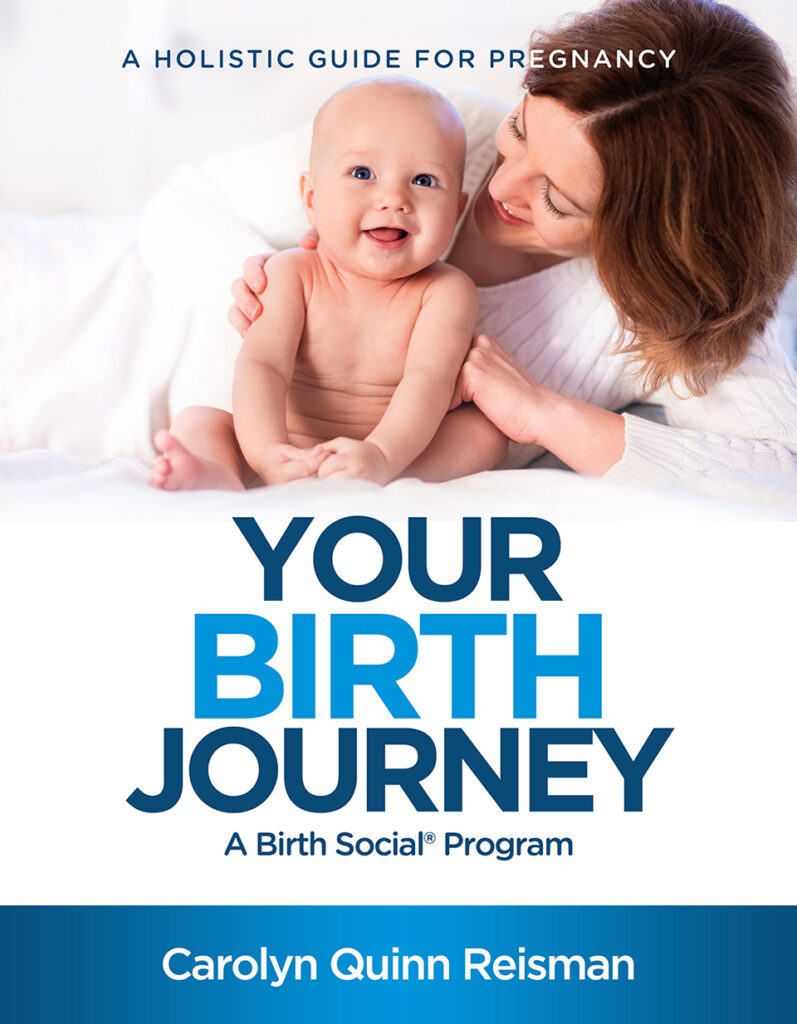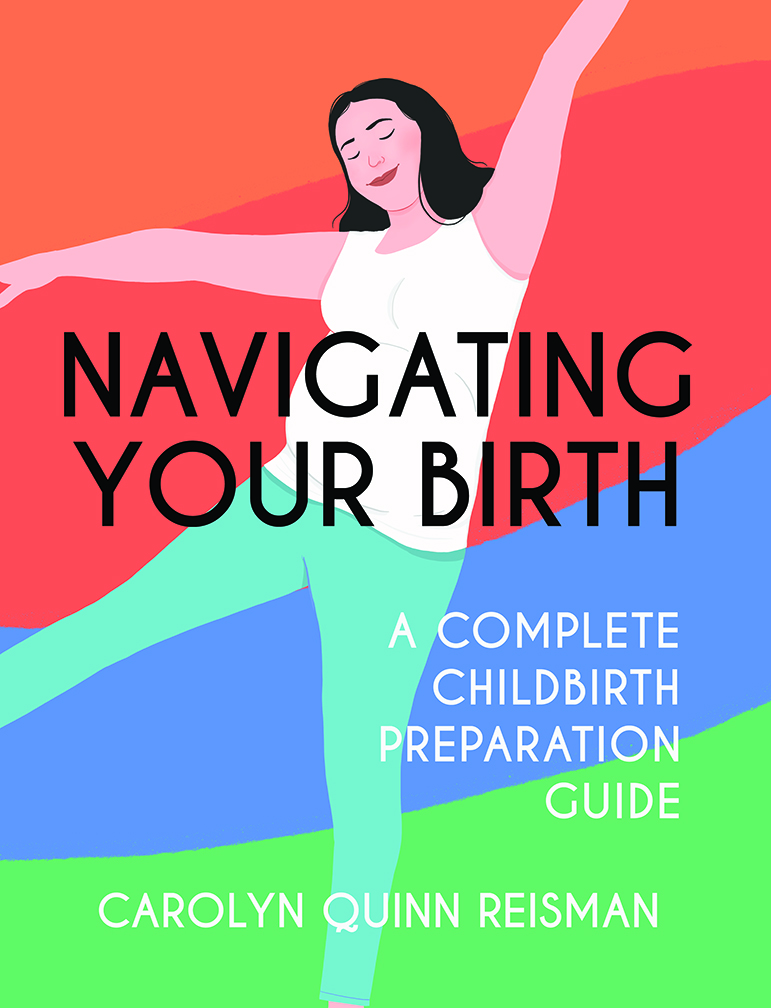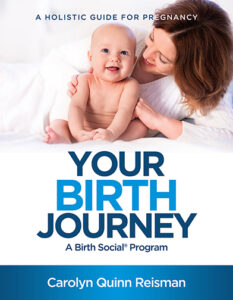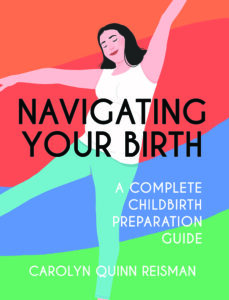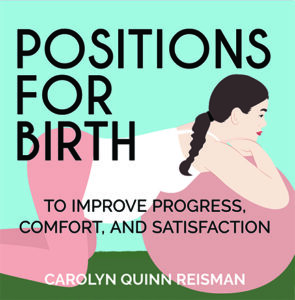Interviewing a Midwife is a Two- Way Street
If possible, start interviewing midwives early in your pregnancy. Some midwifery practices fill up fast, so as soon as you get that bright line on the pregnancy test – set up an appointment for a consult or prenatal visit. Ideally, after the consult, you want to have your first prenatal visit between eight to twelve weeks. Once you locate some midwives, call to set up a consultation. Often, these are private consultations. Some midwives have a “meet the midwives” hour, so you would meet in a group consultation.
Getting your Questions Answered
A good rule of thumb for getting many of your questions answered is – go to the midwife’s website. That way, when you show up at the consult, you can focus your questions on topics that are not covered. With that said, you can Google lists of questions to ask a homebirth midwife that range from thirty to over seventy questions. I will focus on what I feel are important for family care. Most often, generic questions about your philosophy of birth will come to the surface in the conversations you are having.
An average solo midwife takes on about 3-6 births per month. Realistically, it could be one birth one month, three the next, and then six births. Babies are not born evenly spaced per month, and a baby due in July might come in August. A busier midwife will see approximately 6 to 10 mothers per month, and sometimes more. A birth center practice is sometimes much busier.
A new midwife coming out of a midwifery program and apprenticeship has usually got about 80 to 100 births under her belt. Midwives experienced in the field may have attended 500 births or much more. The important aspect with numbers is you need to feel comfortable with the midwife – new or seasoned.
Most home birth midwives working in regulated states are Certified Professional Midwives (CPM), while those working in hospitals are Certified Nurse Midwives (CNM). It is a mixed bag when it comes to birth centers, with both operating these facilities. Still, many midwives across the nation choose not to become certified. Often, they live in unregulated states. Always ask what kind of training they have had.
Private visits with a midwife are the mainstay of midwifery care. However, because of the high burnout rate among midwives, some midwives are moving to a more sustainable practice model and offer group prenatal care.
Most midwives will provide holistic health counseling, such as eating a healthy diet, safe herbs for pregnancy, and exercise. Some midwives are beginning to incorporate environmental health issues into their prenatal counseling, such as toxins in food, water, and products.
In this day and age, and with abundant evidence pointing in this direction, midwives should support a fragrance-free policy in their practices.
Knowing what labs are offered during pregnancy will be of tremendous help in understanding your care.
Any help that your midwife has is beneficial to her and the family! Ask who is on her team and if she has an arrangement with a midwife to help her out – just in case. If she has no help, this should be a red flag.
Many midwives encourage mothers to have a doula, especially first-time parents. They also often recommend childbirth classes for parents who are having a natural birth for the first time, including first-time parents, previous VBAC moms, and those women who have had previous epidurals. Also, it is not unusual for midwives to require first time mothers to hire a doula and take a childbirth class.
Some midwives can order ultrasounds directly from a clinic, while others go through a physician. It depends on state regulations.
You should be aware that midwives are limited in some states about what they are allowed to do and what medications they can carry. Unregulated midwives may have a harder time obtaining emergency supplies. Among items that midwives use include:
- Pitocin, a drug used to control heavy postpartum bleeding
- IV fluids
- Oxygen
- Antibiotics, sometimes used for a maternal strep infection
- RhoGAM, a shot to prevent mothers who are Rh negative from developing antibodies to their baby’s blood
- Vitamin K, an injection recommended for all newborns
- Antibiotic ointment to prevent newborn eye infections
It goes without saying – women do not want to tear, but two-thirds of women do experience tearing. Most midwives will be able to suture minor to moderate tears. Always ask.
According to a study of 16,924 home births, the average transport rate from home to hospital during the labor and birth process is about 12 percent, mostly occurring among first time mothers. This number can be higher in certain populations, and some midwives have lower transport rates. Be wary if a midwife boasts of barely any transports.
The choice of hospital most often relates to the type of relationships your midwife has been able to develop, which may boil down to how friendly the staff are to parents during a transport. It may also depend on any physician collaborative care arrangements.
The majority of midwives go to the hospital with the parents during a transport, especially in licensed states. In unregulated states, the midwife may take another approach.
This is a sticky question, as it is often framed in relation to “back-up.” In licensed states, midwives often have to form a collaborative care relationship with a physician, which may or may not involve the physician agreeing to back-up the midwife. However, when the word “back-up” is used in state midwifery guidelines or statutes, the doctor can simply refuse to offer any services.
This is a biggy, as the American College of Obstetricians and Gynecolots (ACOG) supports only Certified Nurse Midwives in home, birth center or hospital birth settings. Although 35 states license Certified Professional Midwives, they are not supported by ACOG. So, attitudes can vary greatly among physicians and hospitals.
Certified Professional Midwives are licensed or registered to practice in 35 states.
For the most part, midwives are heavily regulated when it comes to VBAC, breech, twin, and post-term births. Some midwives choose to specialize in these types of births, but you may have to seek them out.
In regulated states, most often it is the midwife who files the birth certificate with the state. In unregulated states, don’t be surprised when your midwife hands you a bunch of paperwork after the birth to file the baby’s birth certificate. There may be things you can do ahead of time to speed the process along.
Insurance Questions
If you have insurance, the inevitable question is: “Do you accept insurance?” While this is a valid question, you need to understand the responsibilities to your insurance company and whether your midwife is in-network or out-of-network. In either case, you are responsible for your deductible and co-insurance; plus, you may be responsible for non-covered services. Even with insurance, the majority of midwives will require full payment in advance of the due date. This is because insurance companies are often reluctant to pay home birth midwives. Birth centers have a much easier time getting paid. Always ask.



